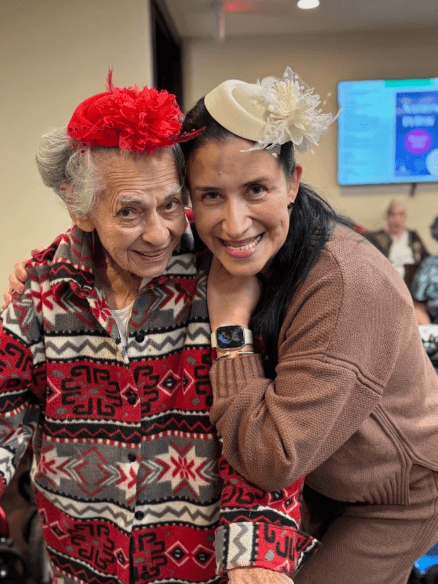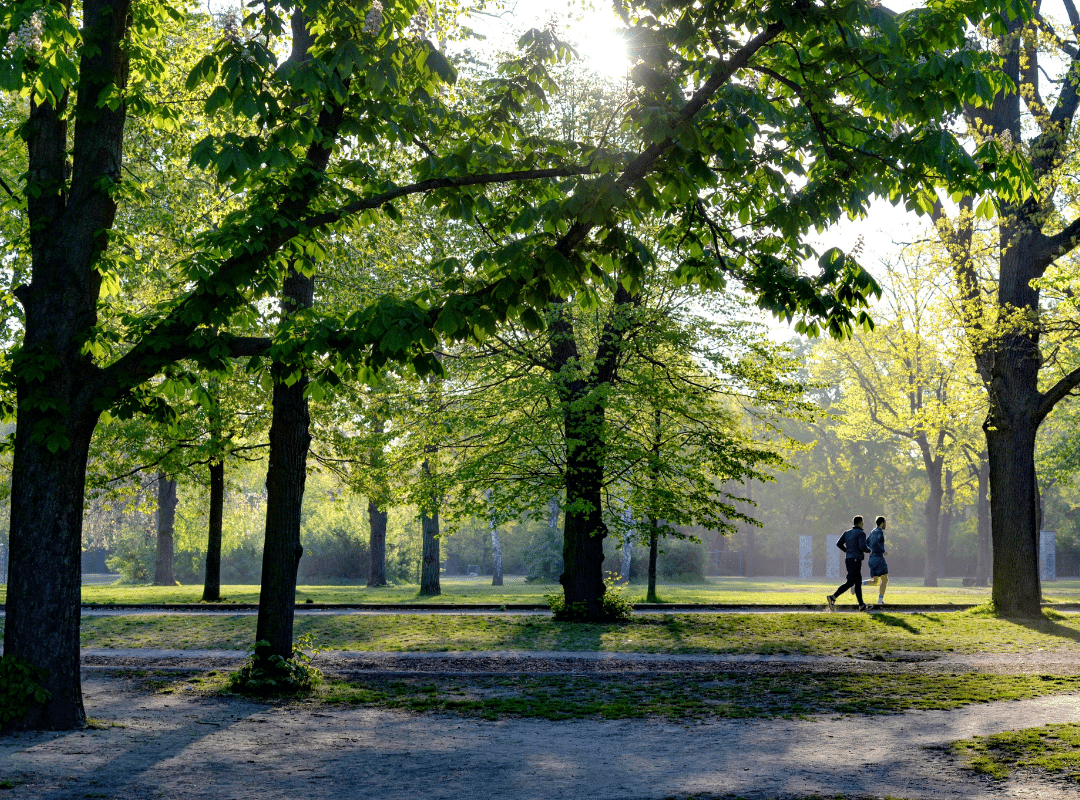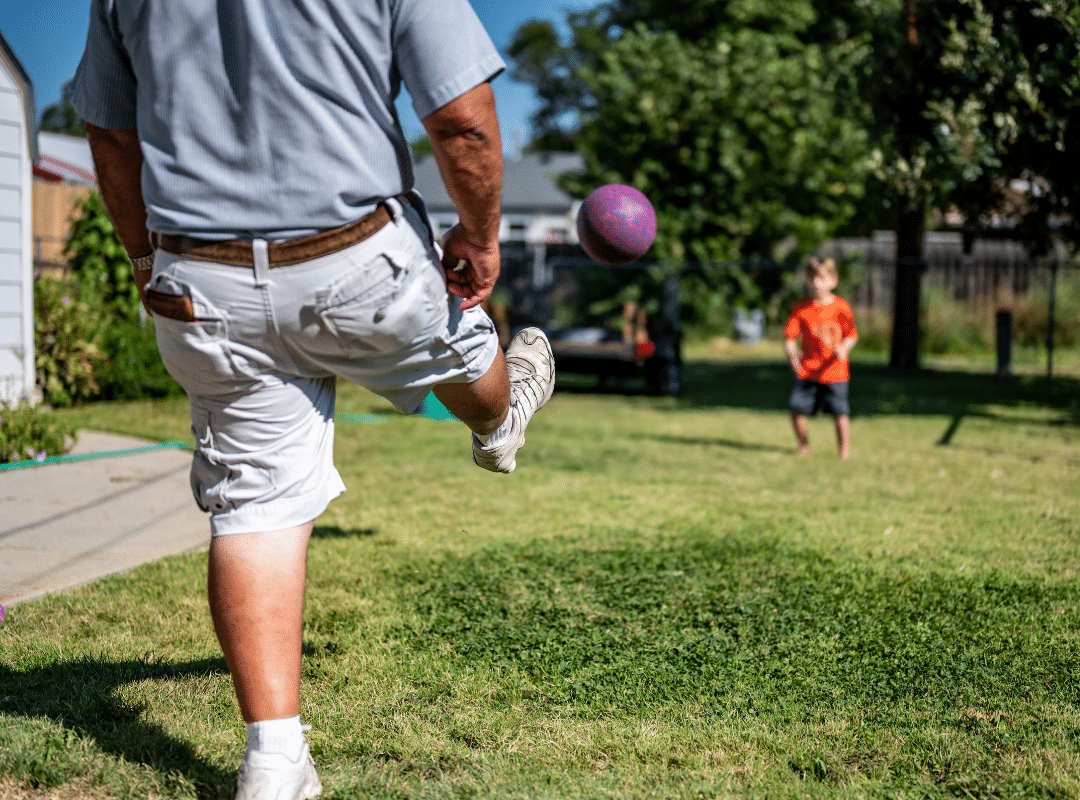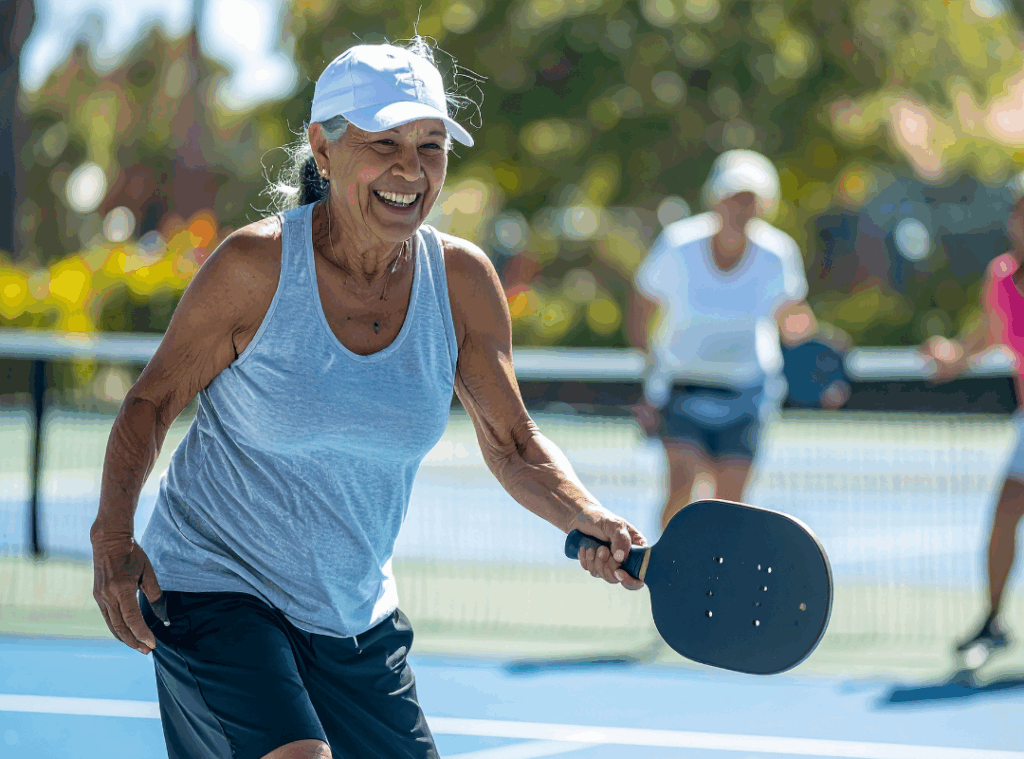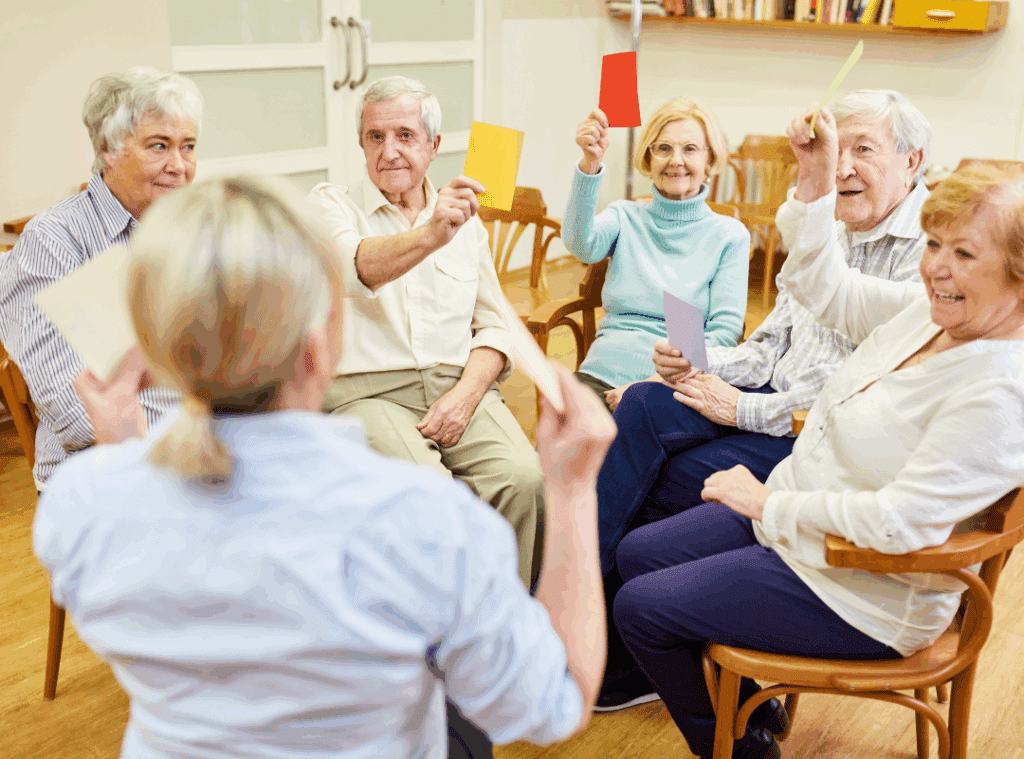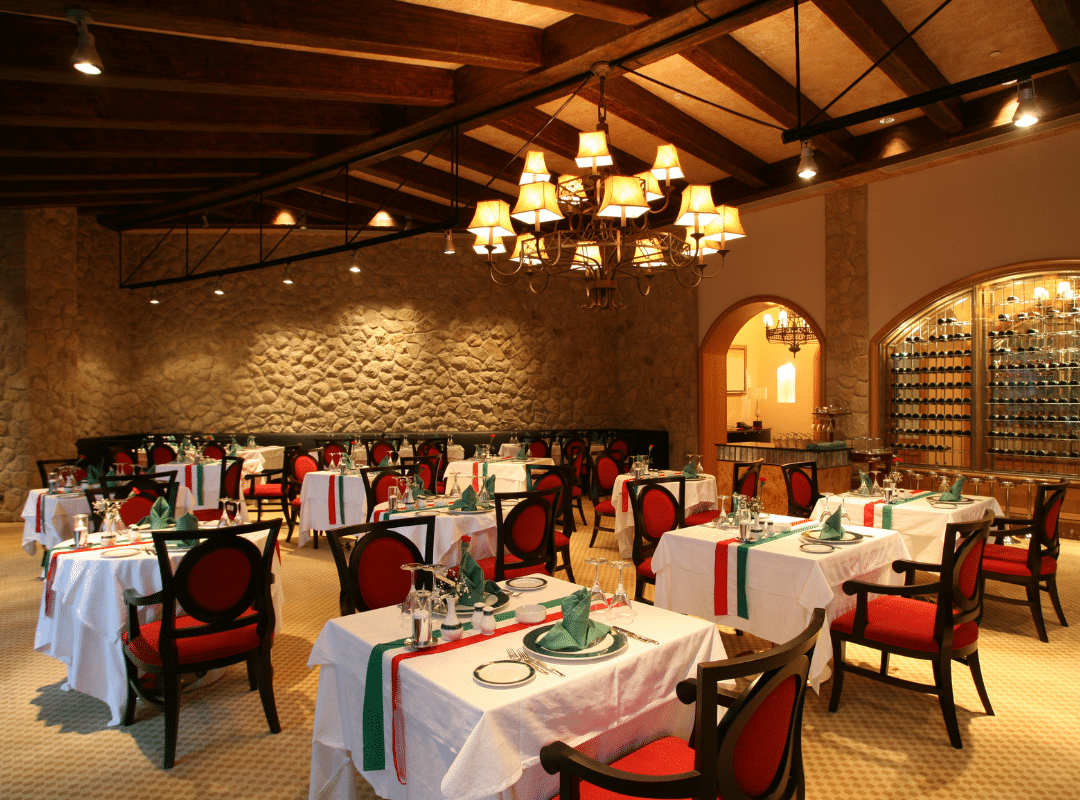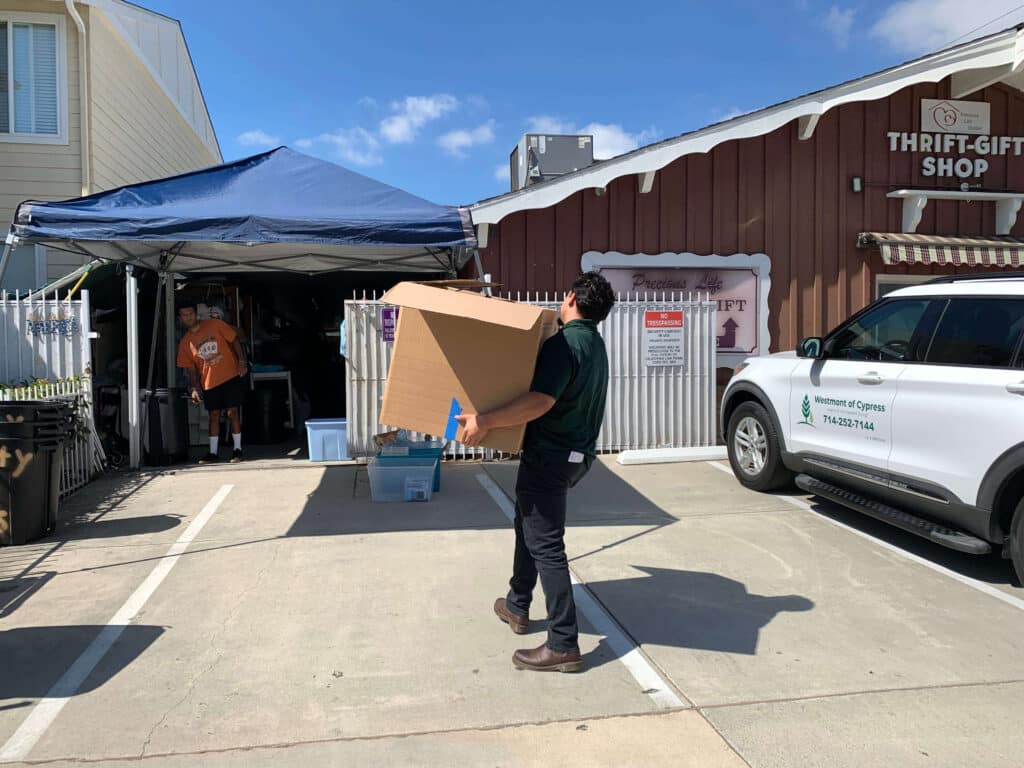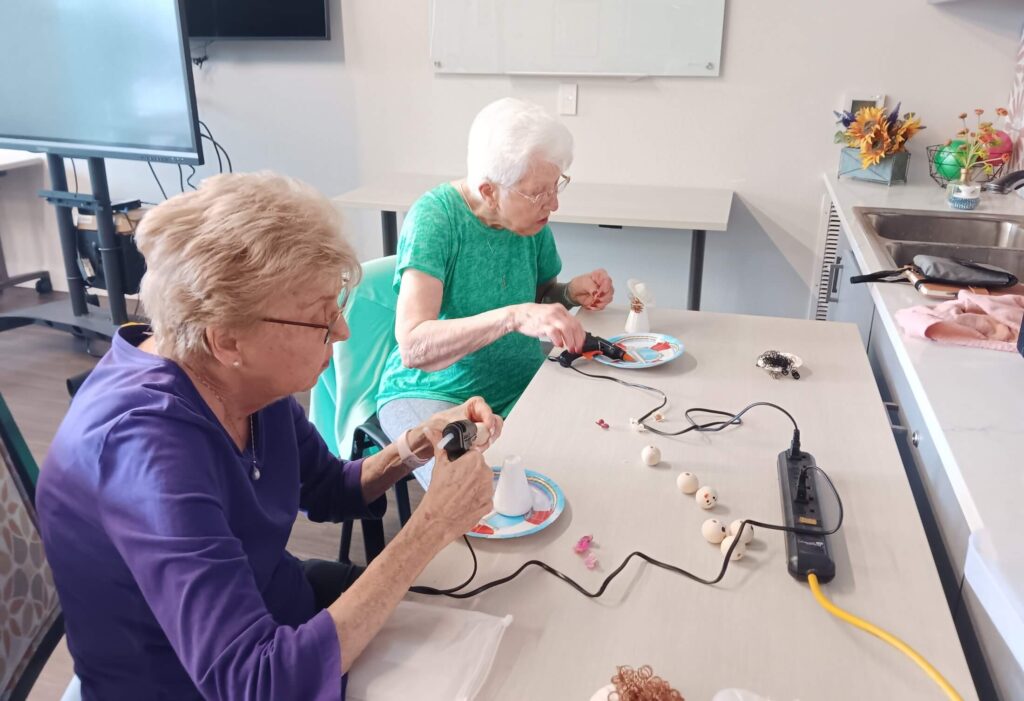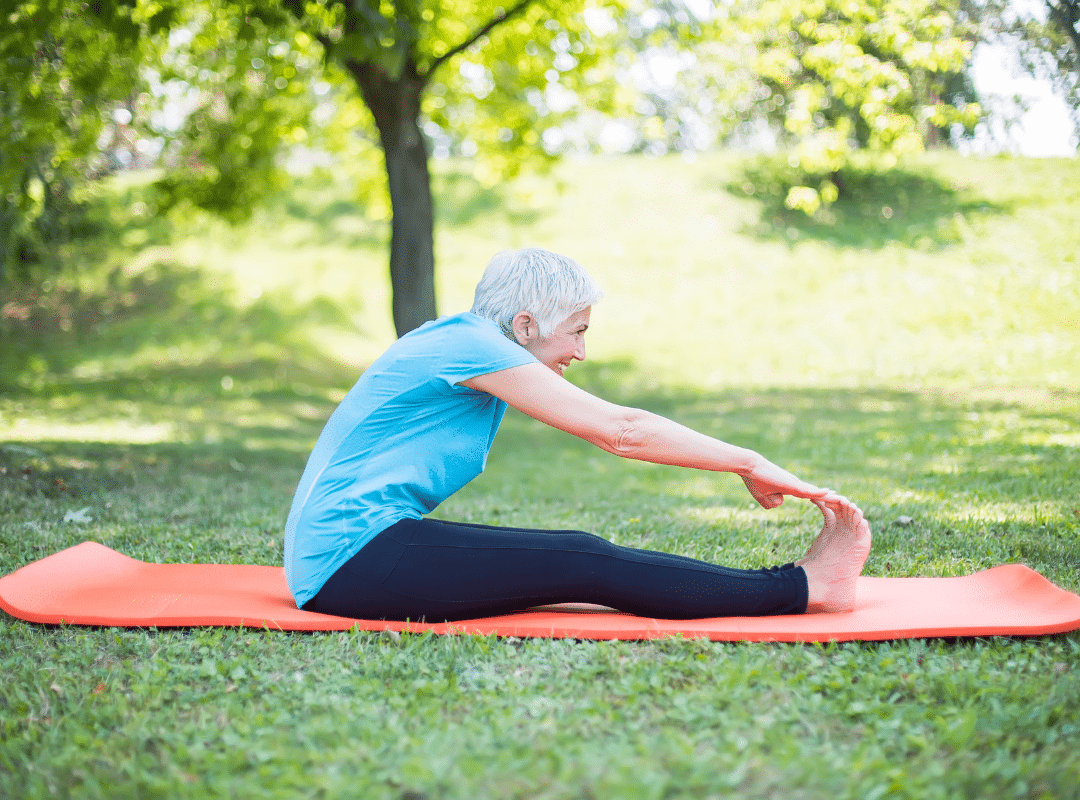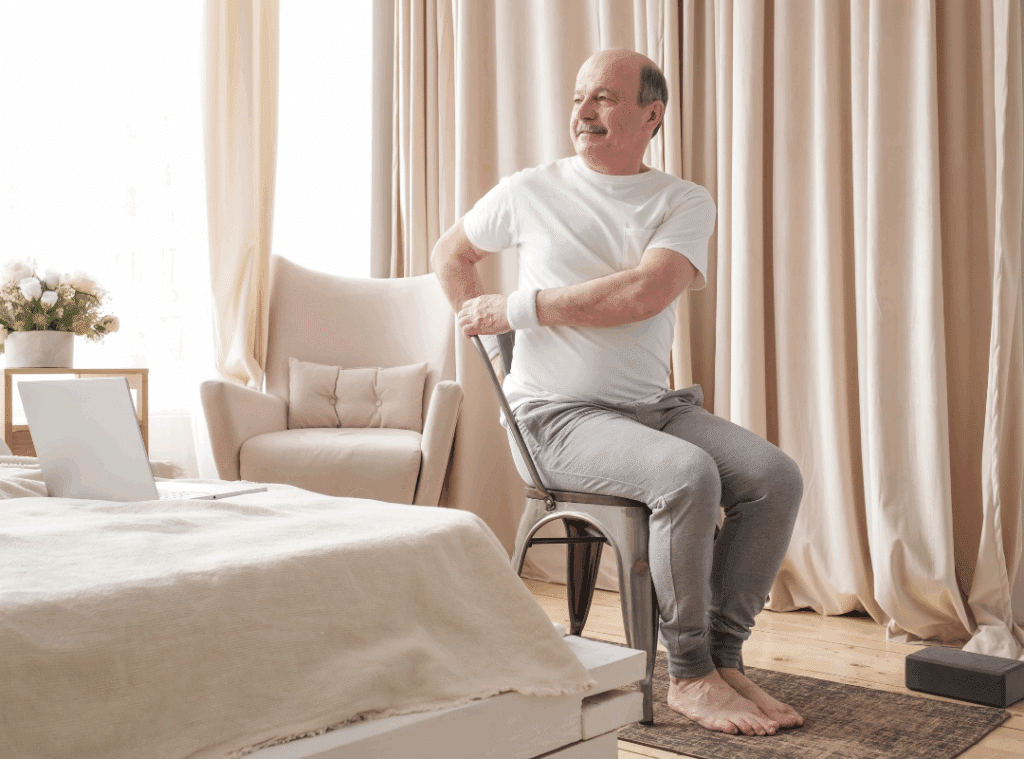If you’re looking for the perfect blend of nature, recreation, and community fun, exploring the parks in Pinole, CA, is your solution. From peaceful walking trails and picnic groves to vibrant recreational areas, these parks offer a refreshing escape for families, seniors, and young adults alike. Whether you’re searching for Free parks in Pinole, CA, or curious about the Best parks in Pinole, CA map, this guide reveals the top spots where you can relax, play, and reconnect with nature.
Pinole’s parks provide something for everyone—whether you enjoy scenic photography, outdoor fitness, or family-friendly activities. These open spaces also promote physical and mental wellness, offering a tranquil retreat from the daily grind. Let’s dive into the most inviting parks and recreation centers that make Pinole a true outdoor paradise.
For more community insights, check out Westmont of Pinole, a welcoming community offering senior-friendly activities and services in the heart of Pinole.
Scenic Views at Bayfront Park
At the heart of parks in Pinole, CA, Bayfront Park stands out as a haven of peace and beauty. The park offers panoramic views of San Pablo Bay, where you can stroll along the trails and take in the breathtaking sights of the Golden Gate Bridge in the distance. Whether you’re looking for Free parks in Pinole, CA, to relax or capture nature’s best moments, Bayfront Park is the place to be.
Visitors can enjoy scenic photography sessions or simply unwind while watching the sunset over the horizon. The park’s tranquil atmosphere makes it an ideal spot for family gatherings or solo nature walks. Spending time here can also boost your mental clarity and physical health while encouraging social interaction in assisted living.
For directions and details, you can check the Parks in Pinole, CA map to plan your visit and find nearby walking routes and parking spaces.
Engaging Activities at Pinole Senior Center
The Pinole Senior Center is another highlight among the best parks in Pinole, CA, where seniors gather to enjoy a variety of enriching programs. It’s a welcoming environment for art lovers, fitness enthusiasts, and social butterflies alike.
| Activity |
Description |
| Art Classes |
Paint, draw, and express creativity through crafts. |
| Fitness Programs |
Stay active with yoga and aerobics sessions. |
| Social Events |
Join themed gatherings that build new friendships. |
| Workshops |
Learn new hobbies and develop new life skills. |
| Volunteer Programs |
Give back to the community while connecting with others. |
These activities promote wellness and engagement, helping seniors stay active both physically and mentally. The center reflects how community thrives on companionship and how spaces like these contribute to a vibrant, connected lifestyle in Pinole.
Fun in the Water at Pinole Swim Center
The Pinole Swim Center is a must-visit destination listed on the parks in Pinole, CA map for anyone who enjoys water activities. From recreational swimming to professional lessons, it’s an ideal venue for both children and adults to enjoy fun-filled aquatic experiences.
Seasonal Swimming Programs
The center hosts swimming programs for all age groups during the warmer months. Participants can join swim lessons to improve their strokes or simply enjoy open swim hours. These water-based programs promote physical well-being while offering a fun and social outlet for the community.
Aside from its recreational charm, the Swim Center follows high safety standards to ensure a secure and enjoyable environment for all visitors. To plan your next splash, be sure to consult the Parks in Pinole, CA map for directions and hours of operation.
Family-Friendly Water Activities
Bring the family along for an exciting day at one of the best parks in Pinole, CA, offering aquatic recreation. Enjoy:
- Family swim sessions are designed for bonding and laughter
- Swimming lessons to boost confidence for beginners
- Fun water games for kids and adults alike
- Leisure swims are perfect for a relaxing weekend
The Swim Center is also recognized for upholding high standards of care, ensuring the comfort and safety of everyone during every visit.
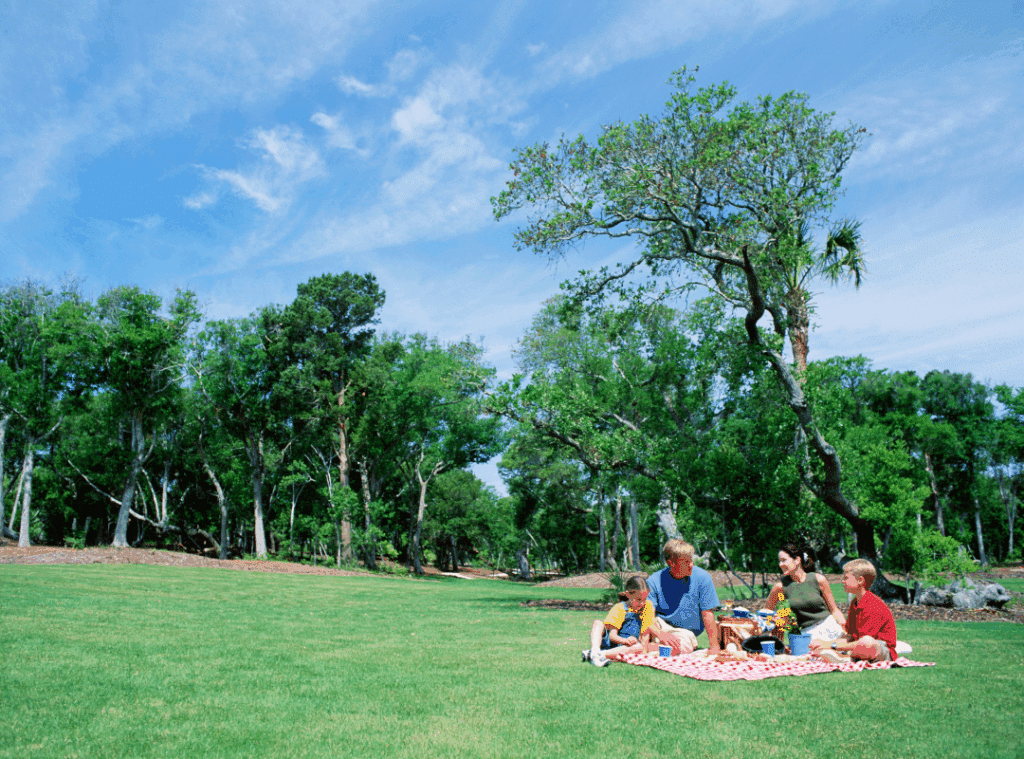
Recreation and Relaxation at Pinole Valley Park & Picnic Grove
Among the best parks in Pinole, CA, Pinole Valley Park & Picnic Grove offers 231 acres of lush green landscapes perfect for leisure and recreation. With its large open spaces, shaded picnic areas, and sports fields, it’s a destination where families can unwind and make lasting memories.
Spacious Recreational Areas
This park features tennis courts, soccer fields, and walking trails that cater to both active visitors and those seeking tranquility. Whether you’re into group sports or solo strolls, Pinole Valley Park provides countless ways to stay engaged and connected with nature.
- Tennis and soccer fields for sports lovers
- Picnic zones under shaded trees
- Well-maintained trails are ideal for walking or jogging
- Plenty of parking and accessibility for all ages
You can also explore nearby free parks in Pinole, CA that complement your outdoor itinerary.
Family-Friendly Picnic Spots
Pinole Valley Park is perfect for family outings and weekend getaways. Bring your picnic essentials, gather your loved ones, and enjoy a wholesome day outdoors. This green sanctuary provides space for kids to play, adults to unwind, and everyone to reconnect. It’s an example of why Pinole is home to some of the best parks in Pinole, CA—spaces designed to bring people together.
Active Sports Opportunities
If you prefer to stay active, the park’s wide-open fields and courts encourage friendly competition and exercise. Whether you’re a tennis enthusiast or a casual jogger, there’s something for every fitness level.
For inspiration on outdoor recreation benefits, explore Active People, Healthy Nation by CDC, and learn how regular park visits enhance long-term well-being.
Youth Programs at Pinole Youth Center
The Pinole Youth Center is another gem among parks in Pinole, CA, where young residents can thrive. Its programs promote creativity, teamwork, and leadership—perfect for developing social skills and community awareness.
| Program |
Description |
| Life Skills Workshops |
Empower youth through engaging and educational activities. |
| Sports Teams |
Build fitness and teamwork through organized play. |
| Volunteer Events |
Encourage service and giving back to the community. |
These initiatives cultivate confidence and a sense of belonging, ensuring that Pinole’s youth stay engaged and inspired.
Indoor and All-Weather Park Options
If you prefer year-round fun, several indoor parks in Pinole, CA, offer recreation without worrying about the weather. These facilities often include fitness rooms, game lounges, and event spaces perfect for both kids and adults. They complement the city’s outdoor spaces, providing a mix of physical activity and social interaction.
Indoor parks also promote inclusivity for seniors and individuals with mobility concerns, ensuring that everyone can stay active regardless of their physical condition. You can find details on these locations through the parks in Pinole, CA map for easy navigation. For more ideas on indoor activities and community wellness, check out the National Recreation and Park Association (NRPA).
Essential Park Rules and Reservations
Before heading out, review key guidelines to make the most of your visit to the parks in Pinole, CA:
- Keep parks clean by disposing of trash responsibly.
- Alcohol and glass containers are not permitted.
- Reserve picnic areas for large gatherings (30+ people).
- Check park hours and seasonal schedules in advance.
Following these simple steps ensures that everyone can enjoy safe and clean outdoor spaces.
Embrace the Outdoors — Your Adventure Awaits in Pinole!
Trade screen time for sunshine and rediscover the joy of outdoor living. Whether you’re exploring free parks in Pinole, CA, enjoying scenic walks, or relaxing in indoor parks in Pinole, CA, every visit brings new experiences. These best parks in Pinole, CA, invite you to reconnect with nature, friends, and yourself.
And after your outdoor adventures, unwind at Westmont of Pinole. Our community offers engaging activities, wellness programs, and beautiful surroundings perfect for relaxation and comfort.
Ready to explore or find your next home near Pinole’s beautiful parks?
Call us today at 510-758-1122 or schedule a tour to experience life at Westmont of Pinole—where community, comfort, and connection meet.
Frequently Asked Questions
What is the most beautiful park in California?
Yosemite National Park is often regarded as the most beautiful park in California, renowned for its breathtaking landscapes, towering granite cliffs, and stunning waterfalls. Visitors can admire iconic sights, including El Capitan, Half Dome, and Yosemite Falls. The park also features lush meadows and scenic trails perfect for hiking and photography. Its natural beauty and diverse wildlife make it a must-see destination for nature lovers.
What is the most famous park in LA?
Griffith Park is the most famous park in Los Angeles, known for its vast open spaces and iconic attractions. It is home to the Griffith Observatory, the Los Angeles Zoo, and numerous hiking trails that offer panoramic city views. Visitors can also enjoy horseback riding and explore the historic Hollywood Sign trail. As one of the largest urban parks in the U.S., it provides a perfect mix of recreation and relaxation.
What is the most visited national park in California?
Yosemite National Park attracts millions of visitors each year, making it the most visited national park in California. Its awe-inspiring landscapes, including waterfalls, sequoia groves, and mountain vistas, draw tourists from all over the world. Outdoor enthusiasts can enjoy hiking, rock climbing, and camping throughout the park. Yosemite’s stunning natural beauty and accessibility make it a top destination year-round.
What major parks are in California?
California boasts several major parks, including Yosemite National Park, Sequoia and Kings Canyon National Parks, Joshua Tree National Park, and Redwood National and State Parks. Each park offers unique landscapes, from desert rock formations to towering redwoods. The state also features urban favorites like Griffith Park in Los Angeles and Golden Gate Park in San Francisco. These parks highlight California’s incredible natural diversity and outdoor adventure opportunities.



